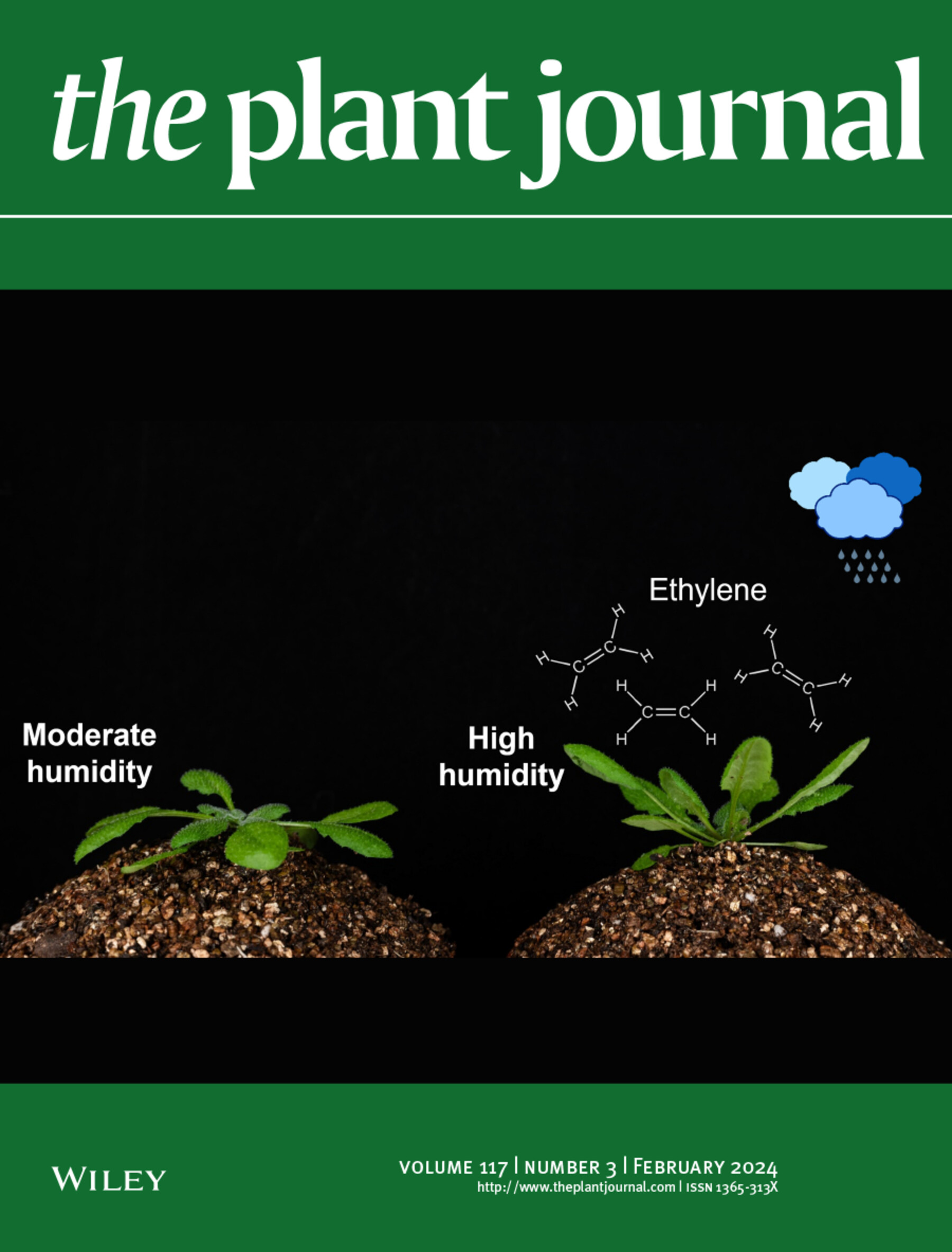High temperature-responsive DEAR4 condensation confers thermotolerance through recruiting TOPLESS in Arabidopsis nucleus
Abstract
Global warming is harmful to plants and threatens crop yields in the world. In contrast to other abiotic stresses, the molecular mechanisms for plant high temperature perception and signaling are still not fully understood. Here, we report that transcription factor DREB AND EAR MOTIF PROTEIN 4 (DEAR4) positively regulates heat tolerance in Arabidopsis thaliana. We further reveal that DEAR4 proteins undergo liquid–liquid phase separation (LLPS) and high temperature could induce DEAR4 condensate formation in the nucleus. Moreover, DEAR4 recruits the transcriptional co-repressor TOPLESS (TPL) into the nuclear speckles under high temperature. The high temperature triggered DEAR4-TPL co-condensates enhance their transcriptional repression activity through modulating histone deacetylation levels of GASA5, which is a reported negative regulator of HEAT SHOCK PROTEINs (HSPs). A genome-wide transcriptional landscape study confirms that DEAR4 induces the expression of multiple HSPs. Taken together, we illustrate a transcriptional repression mechanism mediated by DEAR4 through LLPS to confer plants thermotolerance and open a new avenue for translating this knowledge into crops for improving their heat resistance.

 求助内容:
求助内容: 应助结果提醒方式:
应助结果提醒方式:


